
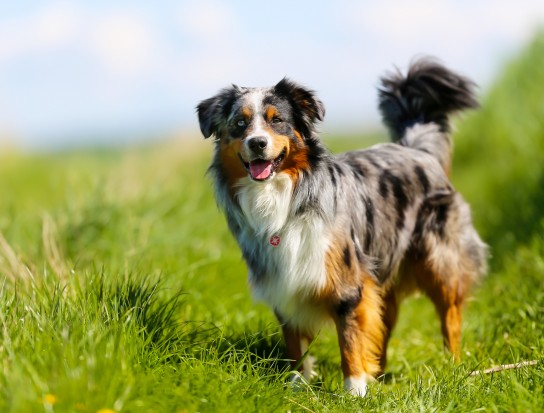
There is a huge amount of variety in terms of the different breeds of dogs that fall into the herding or shepherding grouping, from dogs like the Border collie and German shepherd to the Welsh Corgi at the smaller end of the scale! Because there is such a great range of physical variance between dogs that have historically been used to herd and shepherd, it does sometimes escape people’s notice that dogs from this grouping have an awful lot in common in terms of their core personality traits, drives, and requirements.
Regardless of the breed of dog itself and how far removed they are from their prior or ancestral working environment, all herding and shepherding dogs will possess certain skills and traits, which have historically helped them to serve their purpose as working dogs, but that can, on the other hand, prove challenging to allow for within the domestic home.
Read on to learn more about the core personality traits of all herding and shepherding dog breeds.
Because working with a handler as a herding dog requires an excellent level of communication and understanding between dog and handler, herding dogs and the person who works with them bond strongly, and develop an enhanced working relationship that is based on mutual reliance. Herding dogs living within a family situation will often display a marked preference for the person that they spend the most time with, and if permitted to do so, will follow them everywhere!
Herding dogs very much view their human family as part of their own pack, and will often show protective instincts over their family, particularly the smaller members! This might also manifest itself as herding behaviour within the home too, if they wish to get the children or even other pets moving!
Back when humans very first began breeding and training dogs to fulfil working purposes, they utilised the already present prey drive inherent within the dog and modified this into a working, herding drive. This means that dogs that naturally possess a strong prey drive (a propensity to hunt) make the best working herding dogs, and obviously, their prey drive itself cannot be bred out of them!
When working as a herding dog, the training and responsiveness of the dog naturally modifies and curbs the prey instinct to ensure that they do not ultimately harm the livestock they are working with, which involves a superior level of self-control and obedience to the handler too.
However, it is important to remember that outside of a working environment, the prey drive of herding dog breeds remains strong, and may manifest itself in other ways. Herding dogs love to run and chase, and if not properly controlled and trained, may manifest hunting behaviour over smaller animals on occasion.
Herding dogs of all breeds and types fall right at the top of the listing of canine intelligence, and this trait is essential in order for them to be able to retain and execute all of the higher level commands that herding work entails. Only the brightest, cleverest dogs make it as herding dogs, and of course, these canine bright sparks are then selectively bred to produce later generations of highly intelligent dogs as well.
While high intelligence in the dog comes with a lot of benefits, it can also make training challenging, as the dog will sometimes be able to out-think you and stay one step ahead! Herding dog breeds do best if they are given suitable outlets for their intelligence, and allowed to work their minds and bodies regularly with complex games and possibly, organised canine sport.
As is usually the case with high intelligence, herding dog breeds need plenty of mental stimulation in order to keep them from getting bored. Herding dogs are bright, lively and mentally and physically alert, and will soon become bored and destructive if they are not given enough ways to exercise their minds. It is very hard to wear a herding dog out, and even when they are relaxing, they will be always on the lookout for the next game or activity to catch their interest, something that can be challenging for the owner to properly allow for!
Herding dogs of all types thrive when they have a set role, and a job to do. Herding breeds will always be on the lookout for something to get on with, and you can entertain your dog and keep them from becoming fed up and bored by giving them tasks to complete, or a job to fulfil!
Arranging games that are based on the herding pattern can help with this, but you will likely also be able to train your herding dog to do all sorts of other things too, such as fetching the paper or your slippers, or finding lost objects within the home! Give your dog a job and keep them interested in it, and they will become confident in their role within the home and really be at their best.
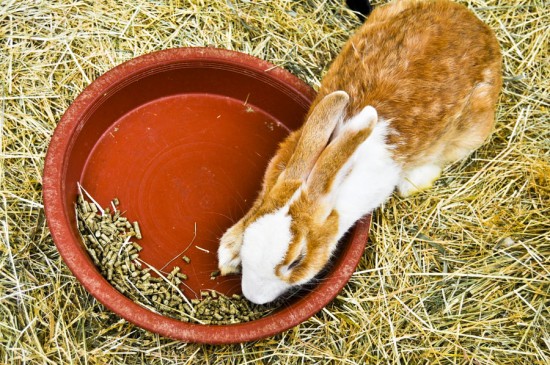 Preventing Digestive Disorders In Your Rabbits
Preventing Digest
Preventing Digestive Disorders In Your Rabbits
Preventing Digest
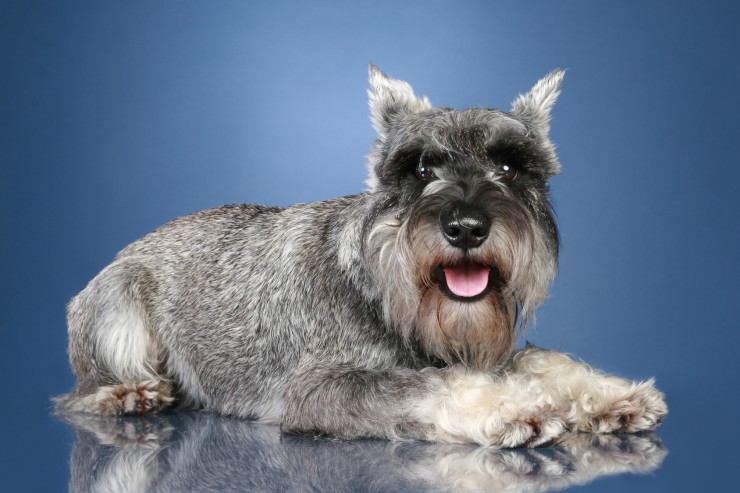 Foods That Help Older Dogs Stay In Good Condition
Foods That Help O
Foods That Help Older Dogs Stay In Good Condition
Foods That Help O
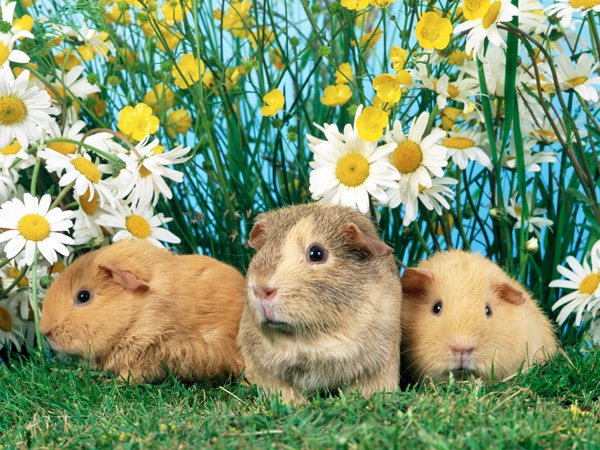 Benefits Of Big Bags Of Salmon Meal For Your Dog
Benefits Of Big Bags Of Salmon Meal For Your Dog
Benefits Of Big Bags Of Salmon Meal For Your Dog
Benefits Of Big Bags Of Salmon Meal For Your Dog
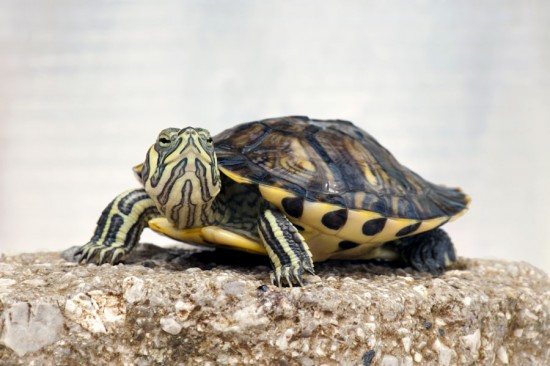 Your First Terrapin
Your First Terrap
Your First Terrapin
Your First Terrap
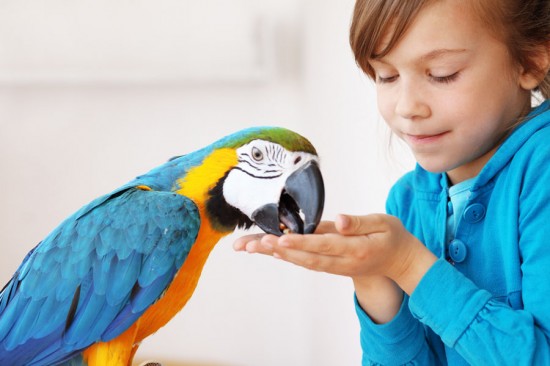 How To Train Your Hand Reared Pet Parrot
How To Train Your
How To Train Your Hand Reared Pet Parrot
How To Train Your
Copyright © 2005-2016 Pet Information All Rights Reserved
Contact us: www162date@outlook.com